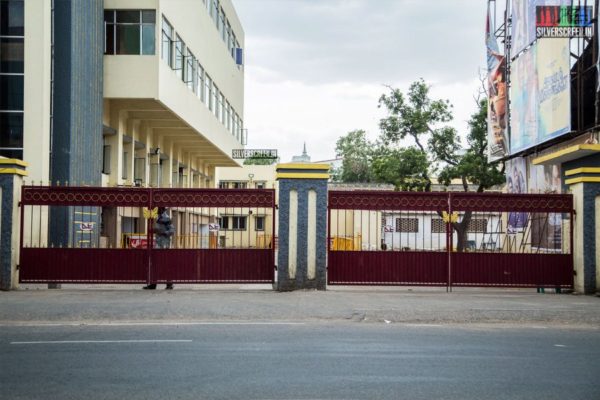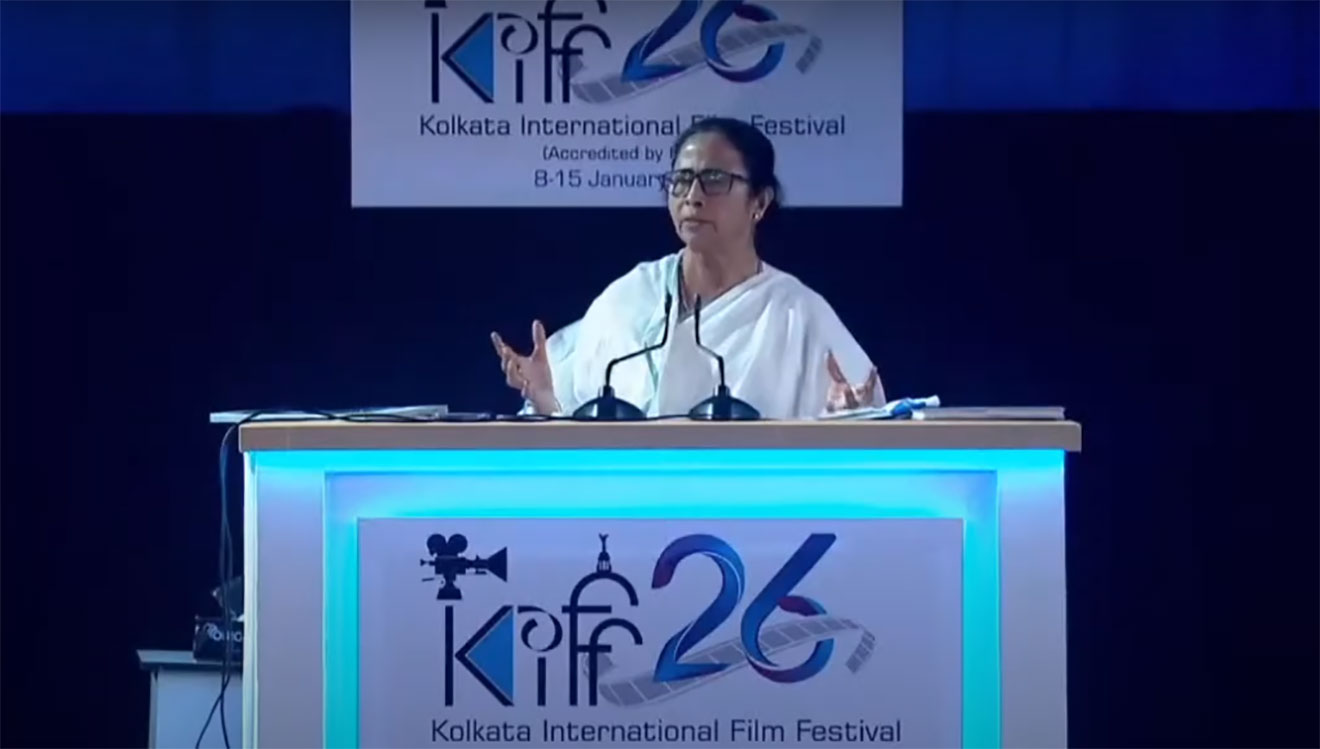In a blow to the Tamil Nadu government, which recently allowed theatres to function in 100% seating capacity, the Union Ministry of Home Affairs (MHA) on Wednesday asked the state government to withdraw its full theatre capacity order, stating that it dilutes the MHA’s guidelines.
On Monday, Tamil Nadu became the first state to increase the theatre occupancy to 100% in theatres since the Covid-19 pandemic measures were enforced. The decision came weeks ahead of the Pongal festival, that will be seeing theatrical releases of some big-budget films, including Master starring Vijay on January 13, and Silambarasan’s Eeswaran on January 14.
The order, which also stated that theatres should screen precautionary measures for Covid-19 to create awareness, came as a response to the Theatre Owners Association, which sought an increase in the seating capacity, in light of the decrease in the number of Covid-19 cases in the State.
However, a letter from the Centre’s Home Secretary to Chief Secretary of Tamil Nadu Shanmugam stated that according to the MHA’s guidelines, that are to be followed until January 31, 2021, cinema theatres and multiplexes outside containment zones can function only in 50% seating capacity.
“The Government of Tamil Nadu has permitted to increase the seating capacity of cinema theatres/multiplexes from the existing 50% capacity to 100% by following the Standard Operating Procedures. This amounts to dilution of MHA Order dated December 28th, 2020 issued under the DM Act,2005,” the letter read and further went on to request the Tamil Nadu government “to immediately issue necessary order to bring their guidelines in line with the MHA guidelines”.

Representative image
albert_theatre__1_-900×600However, experts, theatre owners, and producers have a different view from the Centre.
Srither S, joint secretary of the Tamil Nadu Theatres Association said, “We are at the mercy of the Central government. We want 100% occupancy for the theatres since that will fetch a good collection during the first three days of the films’ releases. The president of Film Federation of India Kalaipuli S Thanu will talk with Minister of Information and Broadcasting, Prakash Javadekar, and we are expecting a favourable response from the Centre.”
Balaji Kapa of Madhav Media, which is producing Eeswaran, also advocated for 100% seating capacity.
“It is confirmed that we will be releasing the film in theatres on January 14. As a producer, only when there is 100% occupancy, we can make a profit from from the money we invested. With the Centre’s move, the risk has increased. However, there will be no changes in the release of the film, despite the Centre’s order affecting us adversely,” he said.
He wondered why only theatres were still maintaining restrictions when all the industries had returned to normalcy.
“Eeswaran is one of the biggest films to release in Tamil after the lockdown. We shot the film in three months and though it had been a hard journey, we have done it and the film has come out well. We are hoping for a good release in theatres on the 14th with social distancing in place,” he said.

Kasi-Theatre-1-1-900×600
Speaking to Silverscreen India, former director of Public Health Kolandasamy said: “In closed places like theatres, they should avoid recirculating the same air. Fresh air has to come in regularly. The Centre has allowed air conditioning subject to this condition, but unfortunately, people blindly believe that AC is not permitted,” Kolandasamy said.
Recommended
He said that doors can be kept open and exhaust fans may be used as it is winter now.
According to reports, Tamil Nadu’s order to allow 100% occupancy came after Vijay met state Chief Minister Edappadi K Palaniswami and requested him to permit cinema halls to run in full capacity. In December 2020, the makers of the upcoming Tamil film Katteri, which was set t have a theatrical release, announced that the film will not be released as per schedule on December 25, 2020, amid fears of a “new threat of a second wave” of Covid-19.



